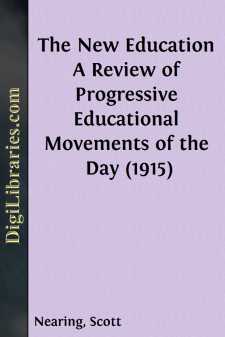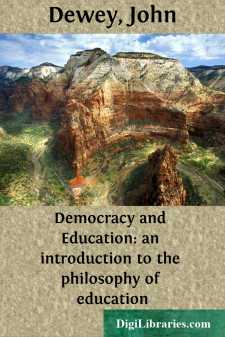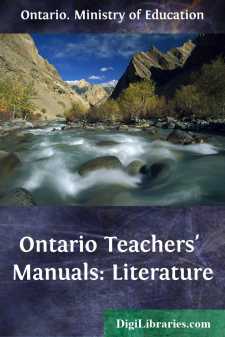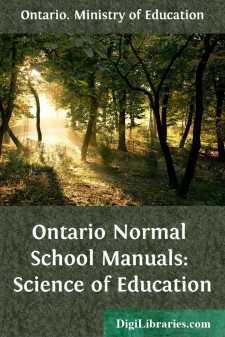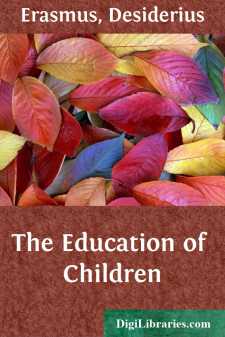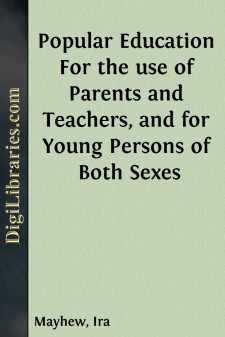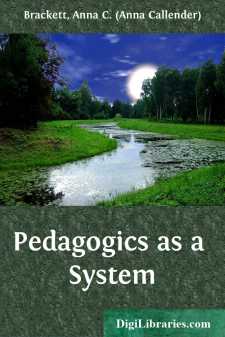Categories
- Antiques & Collectibles 13
- Architecture 36
- Art 48
- Bibles 22
- Biography & Autobiography 813
- Body, Mind & Spirit 142
- Business & Economics 28
- Children's Books 13
- Children's Fiction 10
- Computers 4
- Cooking 94
- Crafts & Hobbies 4
- Drama 346
- Education 46
- Family & Relationships 57
- Fiction 11828
- Games 19
- Gardening 17
- Health & Fitness 34
- History 1377
- House & Home 1
- Humor 147
- Juvenile Fiction 1873
- Juvenile Nonfiction 202
- Language Arts & Disciplines 88
- Law 16
- Literary Collections 686
- Literary Criticism 179
- Mathematics 13
- Medical 41
- Music 40
- Nature 179
- Non-Classifiable 1768
- Performing Arts 7
- Periodicals 1453
- Philosophy 64
- Photography 2
- Poetry 896
- Political Science 203
- Psychology 42
- Reference 154
- Religion 513
- Science 126
- Self-Help 84
- Social Science 81
- Sports & Recreation 34
- Study Aids 3
- Technology & Engineering 59
- Transportation 23
- Travel 463
- True Crime 29
Sort by:
by:
Scott Nearing
PREFACE During 1910, 1911, and 1912, as a part of a general plan to write a book on education, I reread a great deal of the classical educational literature, and carefully perused most of the current material in magazine and book form. An interest aroused by undergraduate and graduate work in the department of pedagogy had been whetted by the revolutionary activity in every field of educational...
more...
by:
John Dewey
Chapter One: Education as a Necessity of Life 1. Renewal of Life by Transmission. The most notable distinction between living and inanimate things is that the former maintain themselves by renewal. A stone when struck resists. If its resistance is greater than the force of the blow struck, it remains outwardly unchanged. Otherwise, it is shattered into smaller bits. Never does the stone attempt to...
more...
FORM IA.Selections from The Ontario Readers B.Supplementary Reading and Memorization: Selection may be made from the following: I.To be Read to Pupils: 1.Nursery Rhymes: Sing a Song of Sixpence; I Saw a Ship a-Sailing; Who Killed Cock Robin; Simple Simon; Mary's Lamb, etc. ConsultVerse and Prose for Beginners in Reading;Riverside Literature Series, No. 59, 15 cents. 2.Fairy Stories: Briar Rose,...
more...
by:
Michael Muller
INTRODUCTORY. American fellow-citizens—America is my home! I have no other country. After my God and my religion, my country is the dearest object of my life! I love my country as dearly as any one else can. It is this love that makes my heart bleed when I call to mind the actual state of society in our country, and the principles that prevail everywhere. It is indeed but too true that we live in a...
more...
INTRODUCTION HAVE THE SCHOOLS BEEN DISCREDITED BY THE REVELATIONS OF THE WAR? From School and Society, April 5, 1919 Knowing that I was about to publish a book on education in which the Great War, now happily closed, was not taken as the point of departure, a friend said to me one day, in substance, "Aren't you taking undue risks just now in putting out a book on education that isn't...
more...
CHAPTER I Value of Scientific Knowledge.—In the practice of any intelligent occupation or art, in so far as the practice attains to perfection, there are manifested in the processes certain scientific principles and methods to which the work of the one practising the art conforms. In the successful practice, for example, of the art of composition, there are manifested the principles of rhetoric; in...
more...
This collection of scattered thoughts and observations has little order or continuity; it was begun to give pleasure to a good mother who thinks for herself. My first idea was to write a tract a few pages long, but I was carried away by my subject, and before I knew what I was doing my tract had become a kind of book, too large indeed for the matter contained in it, but too small for the subject of...
more...
f thou wilt harken vnto me, or rather to Chrisippus, the sharpeste witted of Philosophers, y shalte prouide y thyne infante and yonge babe be forthewyth instructed in good learnyng, whylest hys wyt is yet voyde from tares and vices, whilest his age is tender and tractable, and his mind flexible and ready to folowe euery thyng, and also wyl kepe fast good lessons and preceptes. For we remẽber...
more...
by:
Ira Mayhew
Who is sufficient for these things? is a question which any one may well ask when sitting down to the preparation of a treatise on popular education. The author of this work would have shrunk from the undertaking, but from deference to the judgment of the honorable body that unanimously invited its preparation. He has also been encouraged not a little by many kind friends, one of whom, distinguished...
more...
INTRODUCTION. § 1. The science of Pedagogics cannot be derived from a simple principle with such exactness as Logic and Ethics. It is rather a mixed science which has its presuppositions in many others. In this respect it resembles Medicine, with which it has this also in common, that it must make a distinction between a sound and an unhealthy system of education, and must devise means to prevent or...
more...


